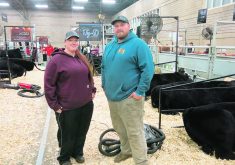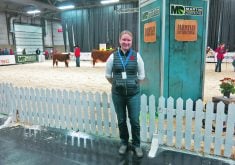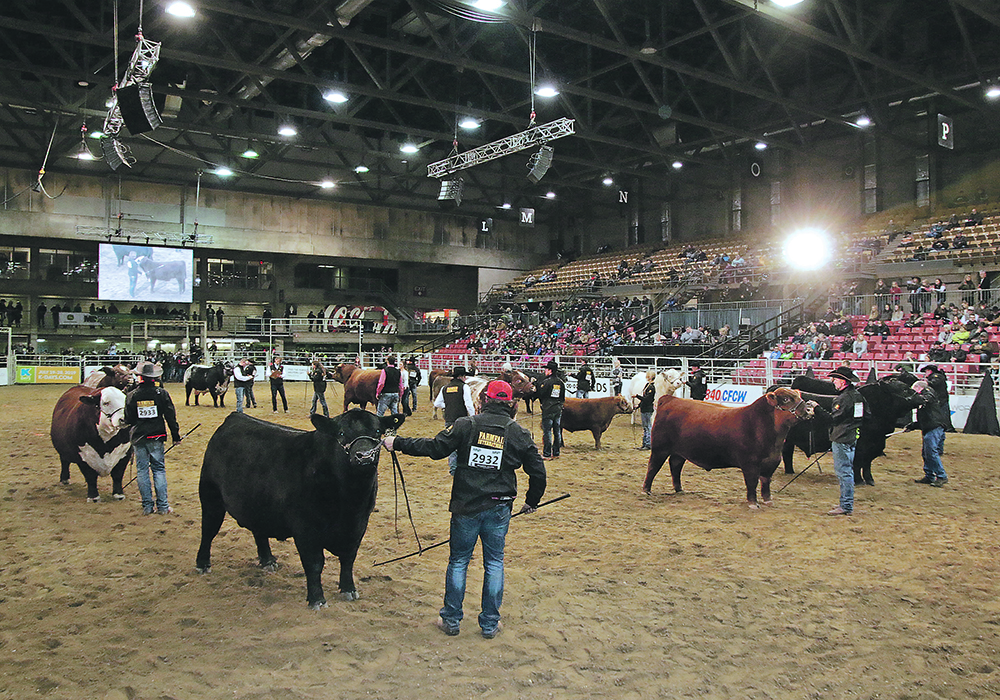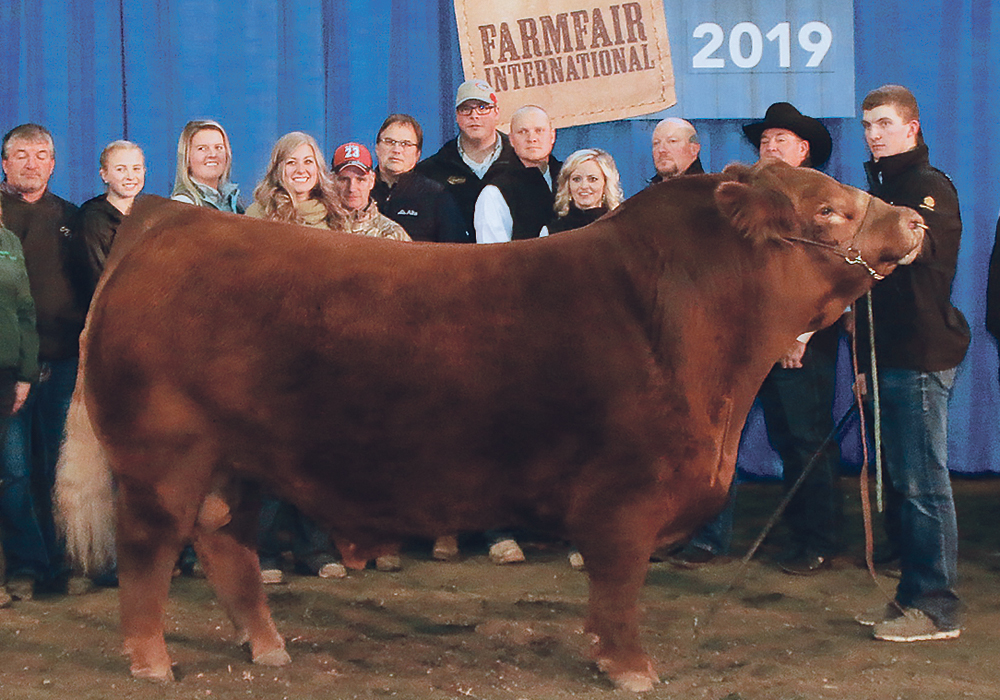EDMONTON — The Speckle Park Association has a new manager with a mandate to push these unique Canadian cattle to new heights.
Whitney De Decker of Roslin, Ont., has been running the association from her home province since September, taking over from long-time manager Rod Remin.
She added Speckle Parks to her Simmental farm in Ontario after extensive research.
“I found them online after researching them. The breed characteristics showed a lot of promise,” she said at Farmfair International, which was held in Edmonton Nov. 7-11.
Read Also

Charges laid after cattle theft
Saskatchewan RCMP lay two charges against a man after six cattle went missing.
That initial homework led to ranch tours in Saskatchewan.
“The amount of work they have done to improve the quality of this breed and considering the breed was founded in 2006, they have done a phenomenal job,” she said.
Most breeds have been around for centuries and have had time to build standards and pedigrees.
A former employee of Toyota Canada, where she worked in product development, De Decker’s secret dream was to return her family to the farm and the livestock industry.
The association is building new plans to enhance domestic and export markets, promoting the breed for its maternal characteristics, calving ease and carcass quality with significant marbling. The breed has moved across Canada in small numbers but it is still not well known.
Speckle Parks are found in Australia, and some movement is starting with the United States.
Market development in Canada will be more regional because the cattle business is different between East and West.
A big push will happen at Canadian Western Agribition with 125 head entered for the show, making it a major event for members.
There are about 200 members in the association. Cattle are registered with the Canadian Livestock Records Corp.
Expected progeny differences are also being recorded, which will be released at Agribition. In addition, all registered cattle must have a DNA sample collected.
“It will take a few years to calculate for accuracy because the more information you collect, the better it gets,” she said.


















